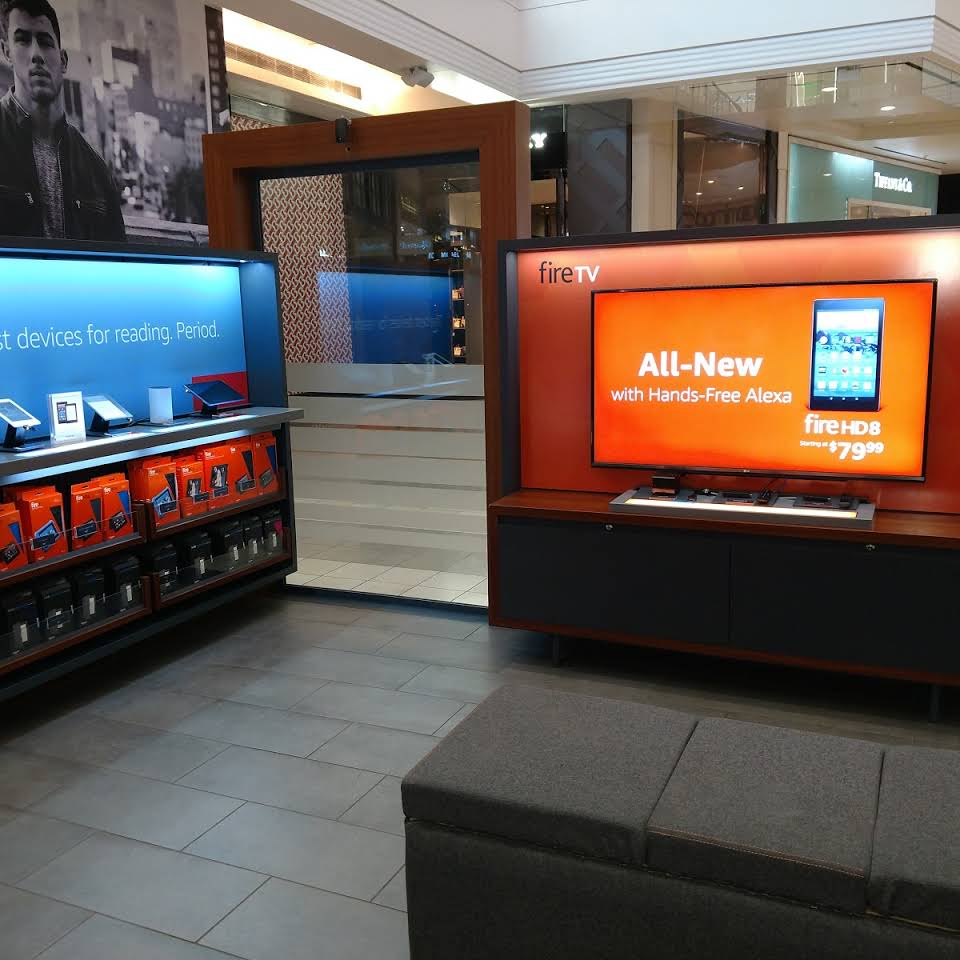SAN FRANCISCO—Amazon opened two cashier-free stores in San Francisco in 2018 and have plans to open a third store on Market Street, but the Amazon Go stores are now facing a San Francisco proposal to ban cashless retailers in the city.
San Francisco Board of Supervisor Vallie Brown announced Tuesday, March 19 that she was adding Amazon’s two current San Francisco locations and the planned third to her measure, which would prevent stores from refusing to accept cash. According to a report, by CNBC, the states of New Jersey and Philadelphia have already banned cashless stores.
Lawmakers say that cashless stores discriminate against lower-income individuals, as well as those who don’t have bank accounts or credit cards. Advocates say the move would reduce the threat of robbery and make it harder for people to avoid paying taxes.
“Millions of Americans do not hold bank accounts, or otherwise fall outside the non-cash financial system. Some stand apart by choice, because they are concerned about privacy and do not want their every financial transaction recorded by banks and credit card companies; physical cash remains the most accessible anonymous medium of exchange in this country. Others may not be well situated to participate in the formal banking system, or may be excluded from that system against their will. In short, denying the ability to use cash as a payment method means excluding too many people,” reads the proposal.
The backlash against cashless stores has grown within some major markets where Amazon currently operates Amazon Go stores, including areas where they are hoping to expand. Philadelphia Mayor Jim Kenney recently signed a bill to ban cashless stores in February, with the law set to go into effect on July 1, 2019 and New Jersey Governor Phil Murphy passed a similar law this week.
“The city must remain vigilant in ensuring its economy is inclusionary and accessible to everyone,” the proposal adds. “The purpose of this Article 55 is to ensure that all City residents—including those who lack access to other forms of payment—are able to participate in the City’s economic life by paying cash for goods and services.”
“Except as set forth in Section 5504, every Brick-and-Mortar Business within the City must
accept payment in Cash, if offered, for any transaction involving the purchase of any tangible good and/or any service other than Professional Services if, in connection with that transaction, (a) the business would accept one or more other forms of payment (including, but not limited to, check, credit card, debit card, or any type of electronic payment), regardless of when such form of payment is collected, and (b) the customer seeking to engage in that transaction is physically present at the place of business,” the legislation states.






